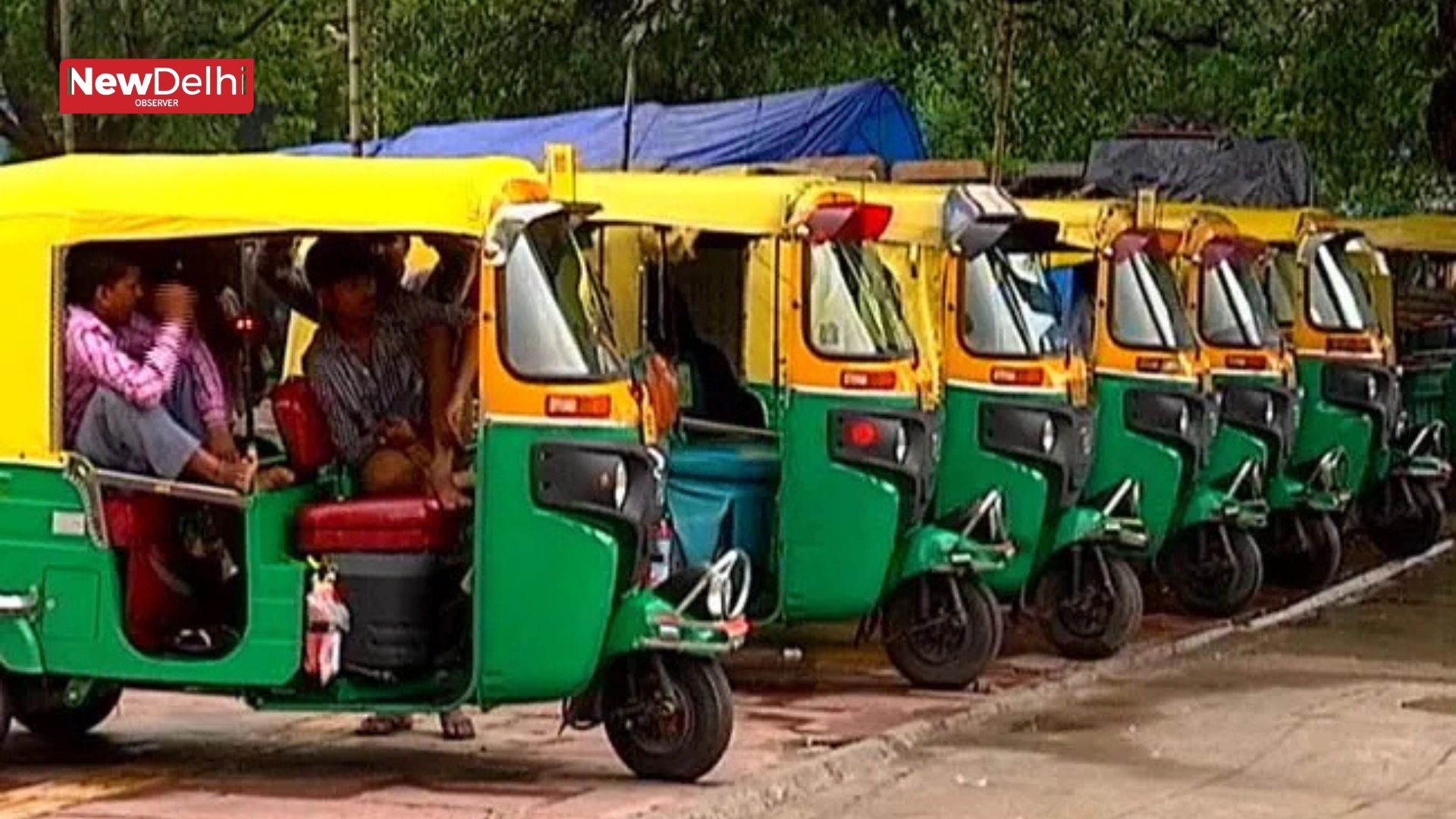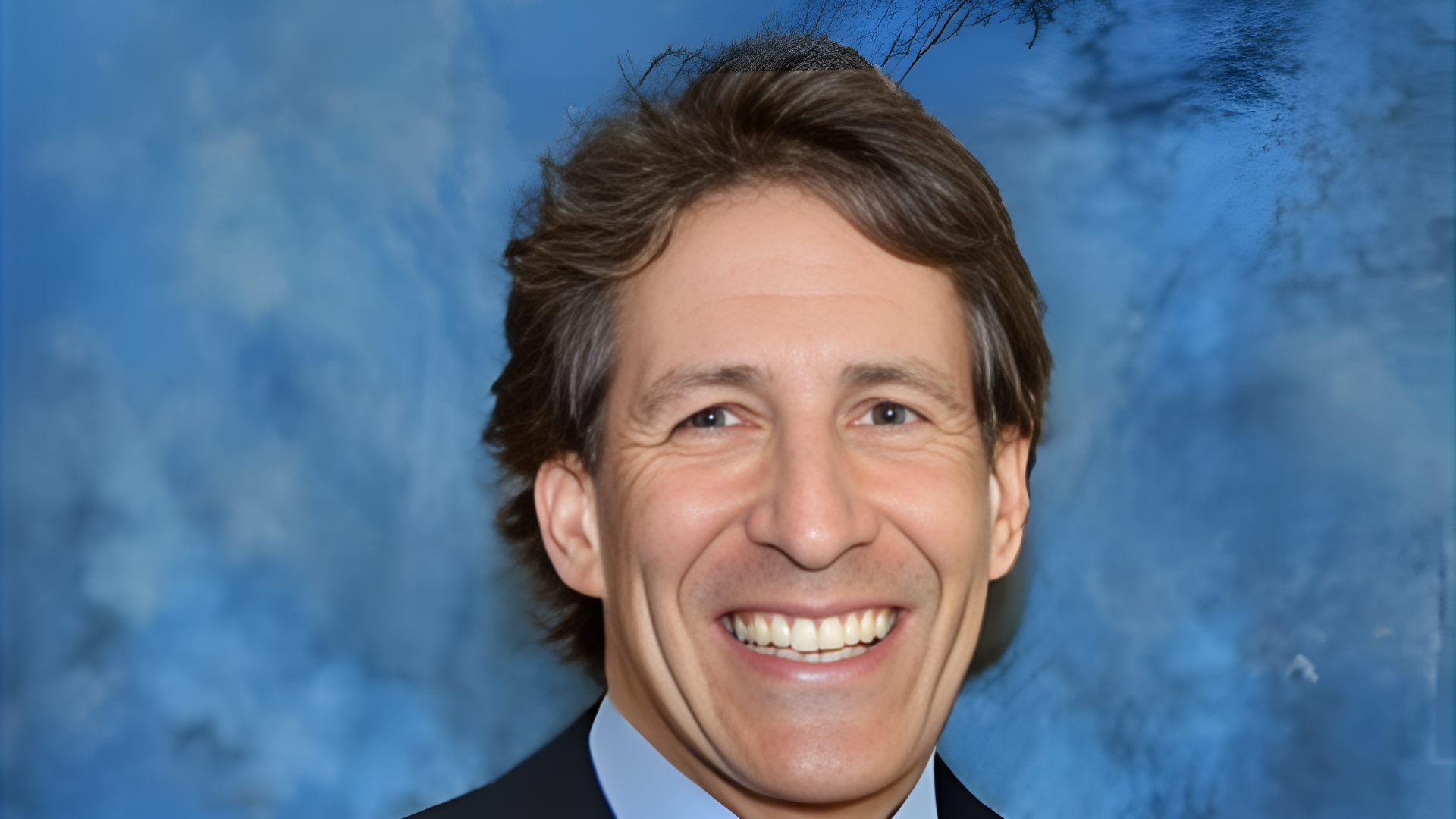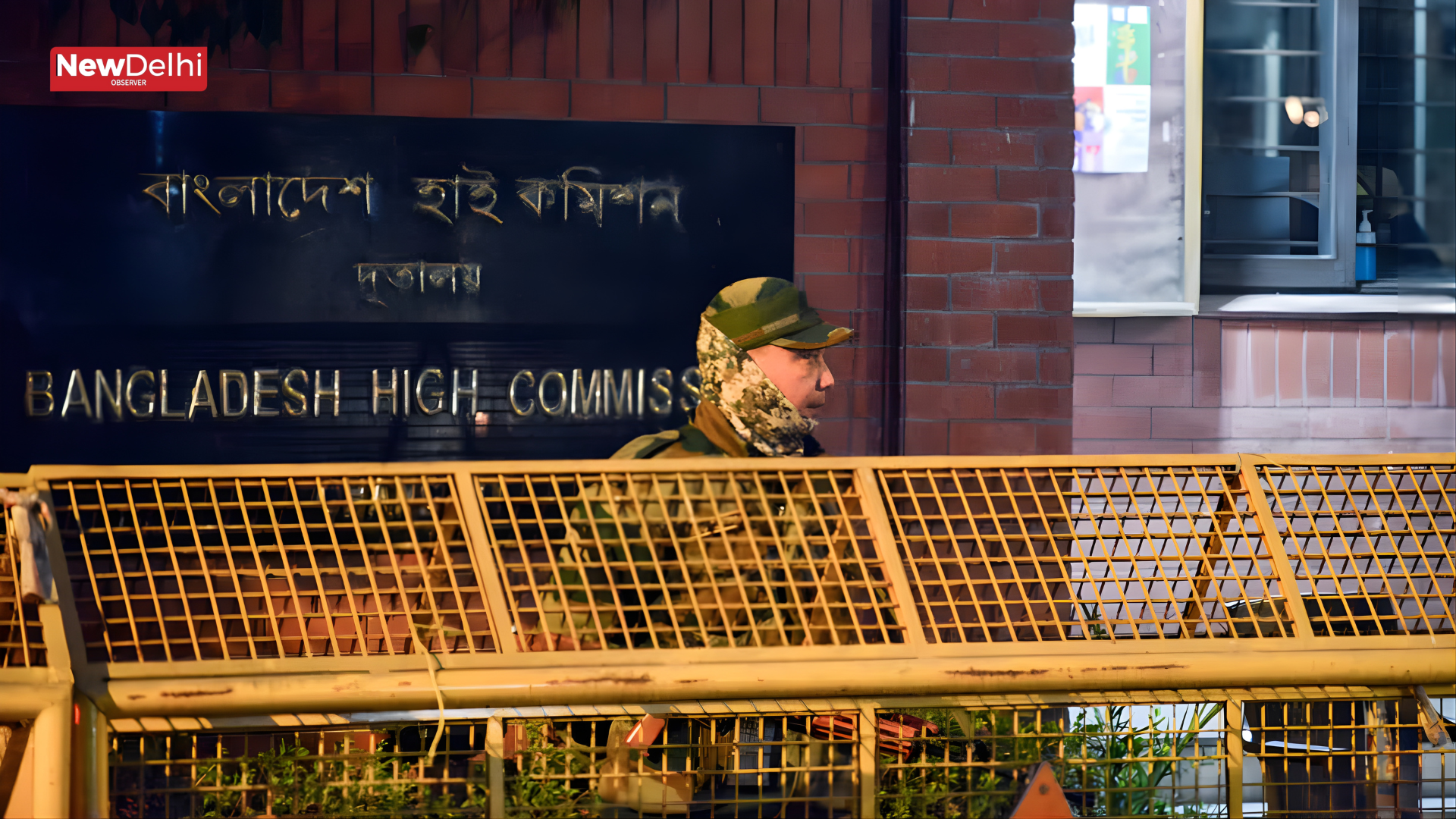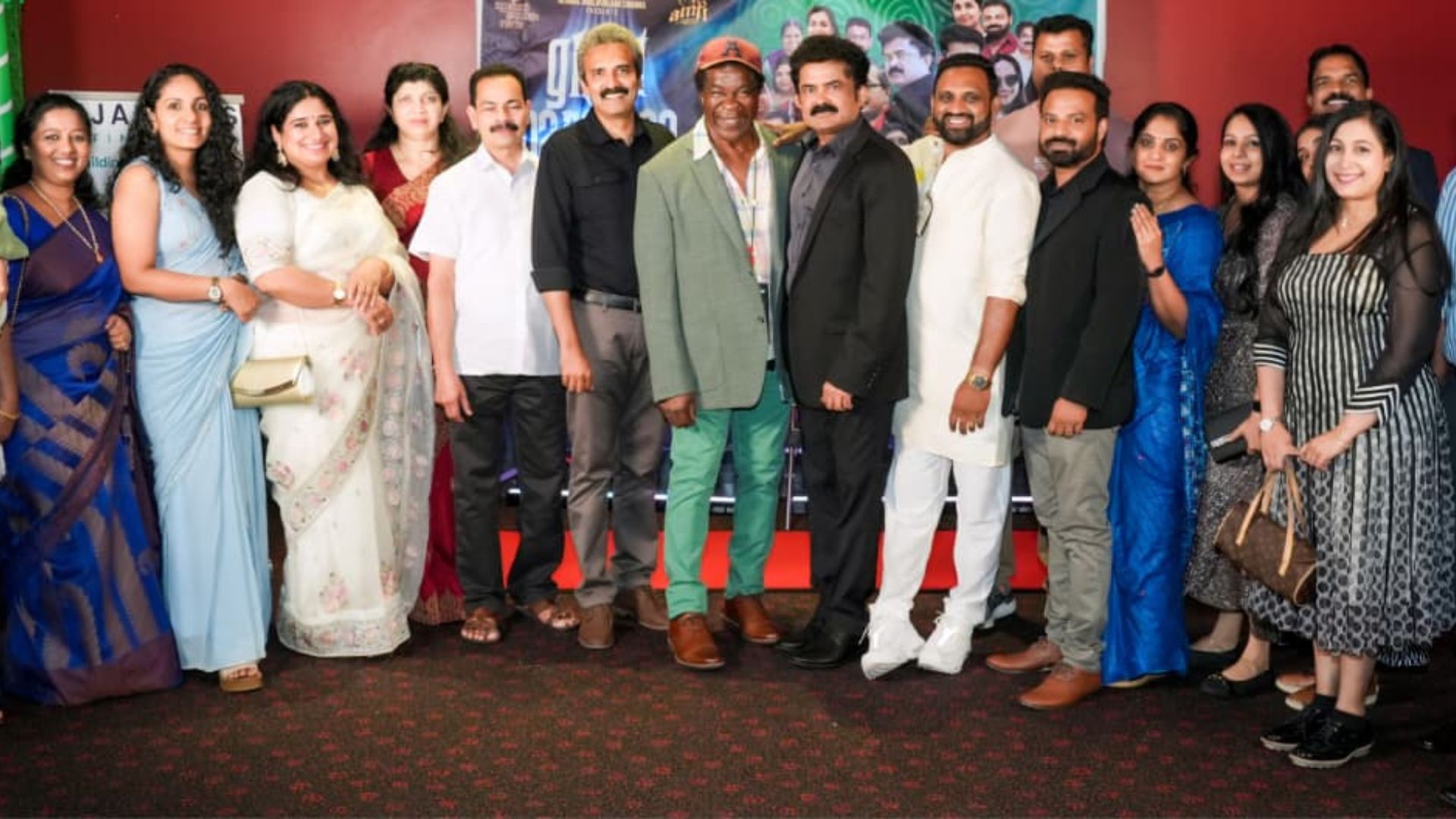Political Landscape Heating Up
Delhi’s political scene is intensifying as the assembly elections approach. A surprising group is emerging as a crucial player in this race: auto rickshaw drivers. Both the Aam Aadmi Party (AAP) and the Bharatiya Janata Party (BJP) are vying for the support of this influential group. Auto drivers hold significant sway in the capital’s political dynamics.
Kejriwal’s Engagement with Auto Drivers
Arvind Kejriwal is the leader of the AAP. He is actively engaging with the auto rickshaw community to build a strong voter base before the elections. Recently, Kejriwal visited an auto driver’s home in Kondli. He shared a meal with the driver and held a conversation. This gesture is part of his broader strategy to connect personally with auto drivers.
Kejriwal has made substantial promises to this community. One notable promise is life insurance worth ₹10 lakh for Delhi’s auto rickshaw drivers. This is just one of many commitments he has made. The goal is to address the needs of auto drivers, a vital part of Delhi’s working class. By connecting with them and providing financial security, Kejriwal hopes to consolidate their votes. This strategy aims to strengthen AAP’s position as the election approaches.
BJP’s Attempts to Connect
The BJP is not falling behind in this race for votes. BJP President Virendra Sachdeva has also been reaching out to auto drivers. Recently, he visited Hazrat Nizamuddin station to interact with the drivers over tea. This visit was reportedly initiated by the auto drivers themselves.
During the meeting, many auto drivers voiced their dissatisfaction with Kejriwal’s governance. They accused the AAP government of widespread corruption, especially in the transport sector. Drivers claimed that little gets done without the intervention of middlemen. They attributed these issues to Kejriwal’s administration. Sachdeva’s visit clearly aimed to tap into this discontent and present the BJP as a viable alternative to AAP’s rule.
The Importance of Auto Drivers in Elections
So why are auto drivers so important in Delhi’s elections? The answer is simple: they represent a substantial voting block. There are approximately 1,00,000 autos operating in the city. This means auto drivers form a large group of voters. Their influence, however, extends beyond their own votes.
Many auto drivers have families who also participate in elections. They often reside in politically active neighborhoods. In a city like Delhi, elections can be decided by a narrow margin. This makes every single vote crucial. Thus, the votes of auto drivers can significantly impact election outcomes.
Auto Drivers and the Informal Economy
Auto drivers are a significant part of Delhi’s informal economy. They serve as a daily transport backbone for many residents. Their experiences and grievances reflect broader issues faced by the urban poor. These issues include economic hardships and governance challenges; they resonate with a wide section of the electorate.
Both AAP and BJP recognize the relevance of auto drivers in the political ecosystem. By addressing their needs, both parties show that they care about the working class. They also highlight the challenges faced by everyday people in Delhi.
Addressing the Grievances of Auto Drivers
Auto drivers face various challenges in their daily lives. Economic struggles are prevalent, especially with rising fuel costs. Many drivers also express concerns about safety and regulatory issues within the transport sector. These grievances are not isolated; they echo the sentiments of many working-class individuals in the city.
Both parties are keen to address these issues as part of their election campaigns. Kejriwal’s life insurance promise is a response to financial insecurity. Sachdeva’s outreach aims to present the BJP as a solution to the problems encountered under AAP’s governance.
A Battle for Support
In summary, the auto rickshaw community has become an increasingly important factor in Delhi’s assembly elections. Kejriwal and Sachdeva are both strategically targeting this influential group. Each leader hopes to secure their loyalty before the elections.
As the campaigning continues, the efforts of both AAP and BJP will likely influence the broader political landscape in Delhi. The auto drivers’ votes are not only valuable but essential if either party wishes to claim victory. Both Kejriwal and Sachdeva know this, and their actions speak volumes about how critical this community is to the electoral process.
In the end, the success of either party may very well depend on which leader can effectively connect with auto drivers. Their support may determine the balance of power in the upcoming assembly elections in Delhi.





